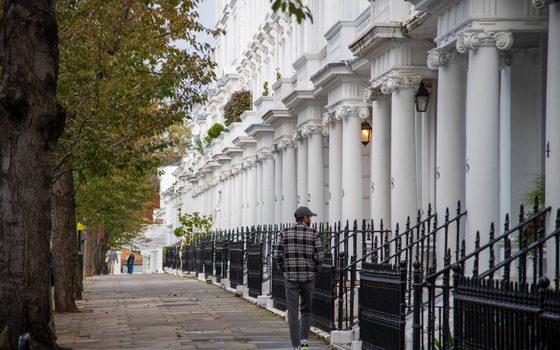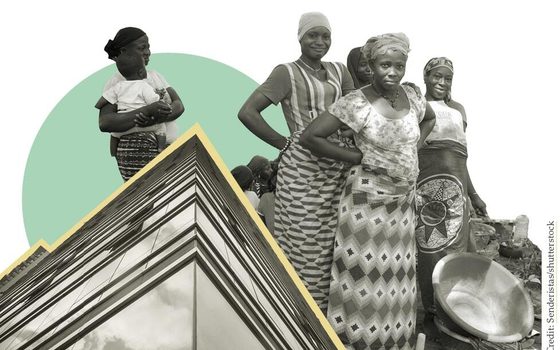Universal early years education is a golden investment opportunity, says the New Economics Foundation
Charity calls for rethink of education policies to realise benefits for both society and public finances
18 July 2023
Investing in universal, high-quality early years education from the age of one would pay for itself and may be one of the highest-returning investments a government can make, even when funded entirely through borrowing. This is according to analysis published today by the New Economics Foundation (NEF).
Analysts looked at the fiscal impact of borrowing to invest in universal, high-quality early years education on a limited range of outcomes including maternal employment rates in the short term and earnings potential for the child in the long term. It found that the Treasury would gain £1.31 in return for every £1 spent when funded entirely through borrowing.
This figure only accounts for the direct return to the treasury through taxes and local social security spend. It does not take into consideration wider impacts on economic and other social outcomes that come from the direct financial benefit to the individual. Research from the US estimates that accounting for this and other consequences such as a reduction is healthcare spend would put the return significantly higher, at around 7‑to‑1.
The modelling shows that the highest returns come from improving social and economic outcomes for low-income children and their parents. The return on investment is £2.07 for every pound spent for poorer families, compared with just 67p for high-income families and £1.19 for middle-income families.
The current early years childcare system favours middle- and high-income families. In the March Budget, Jeremy Hunt announced an extension of the 30 hours free childcare offer to children under 3 years old by 2025. It is, however, only available where both parents are working at least 16 hours a week. Theoretically, low-income families on Universal Credit can claim up to 85% of childcare costs but, in practice, both the complexity of claiming and low amounts available mean that only a quarter of eligible families with children aged 0 – 4 actually claim it.
The analysis by NEF shows that only around 2% of families in the poorest 10% will access the Government’s expanded offer of 30 hours free childcare, compared with around 70% of high-income parents. In addition, by limiting even the most generous offer to 30 hours a week for a maximum of 38 weeks, the current system fails to realise its full potential by making it difficult for some parents (in practice, mainly mothers) to work full-time and progress in their career.
Jeevun Sandher, Head of Economics at the New Economics Foundation, said:
“Universal, high-quality early years education is a golden investment opportunity for government with super-high benefits for the Treasury and wider society. Our analysis shows that these benefits are greatest when investing in children from low-income households and, by limiting access to middle- and higher-income families, the current early years system is missing out on the largest possible returns. The returns are so high that this investment would pay for itself, even when funded through borrowing.
“Children from low-income families stand to gain the most from high-quality, early years education, with inequalities between advantaged and disadvantaged children emerging before the age of five. It is easier and far more cost effective to invest in the development of children from lower income households to stop these gaps from forming in the first place, than it is to try to narrow these gaps later.”
Ends
Notes
The New Economics Foundation is a charitable think tank who are wholly independent of political parties and committed to being transparent about how it is funded.
The analysis will be published at the following link on Tuesday 18 July:
https://neweconomics.org/2023/07/investing-in-universal-early-years-education-pays-for-itself
Topics Public services Inequality






